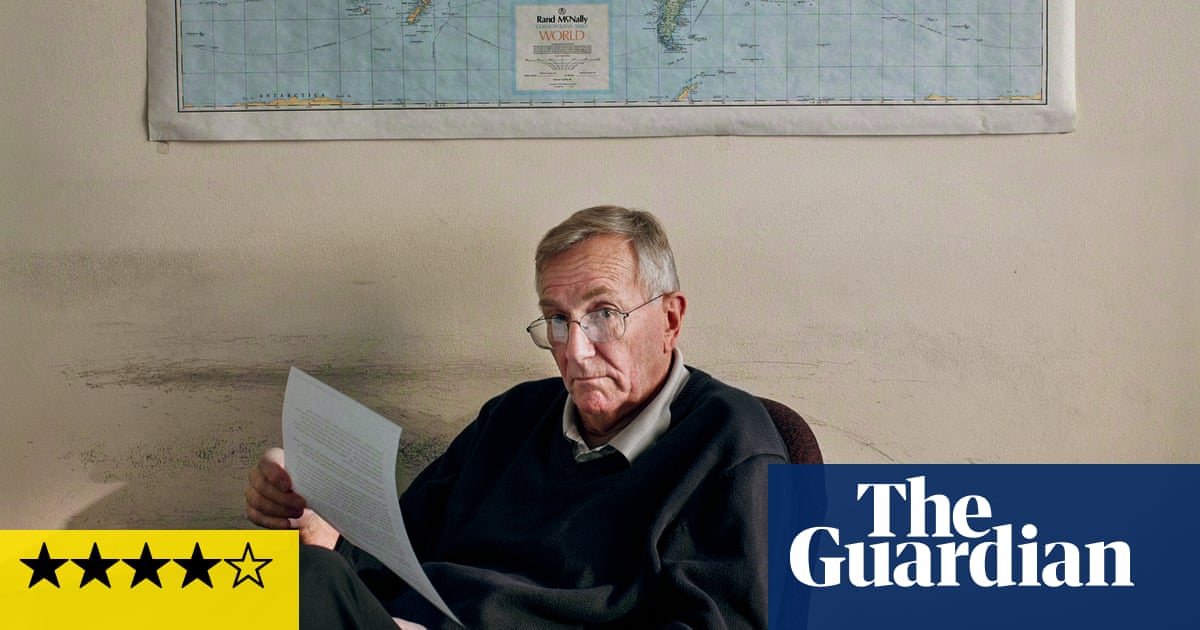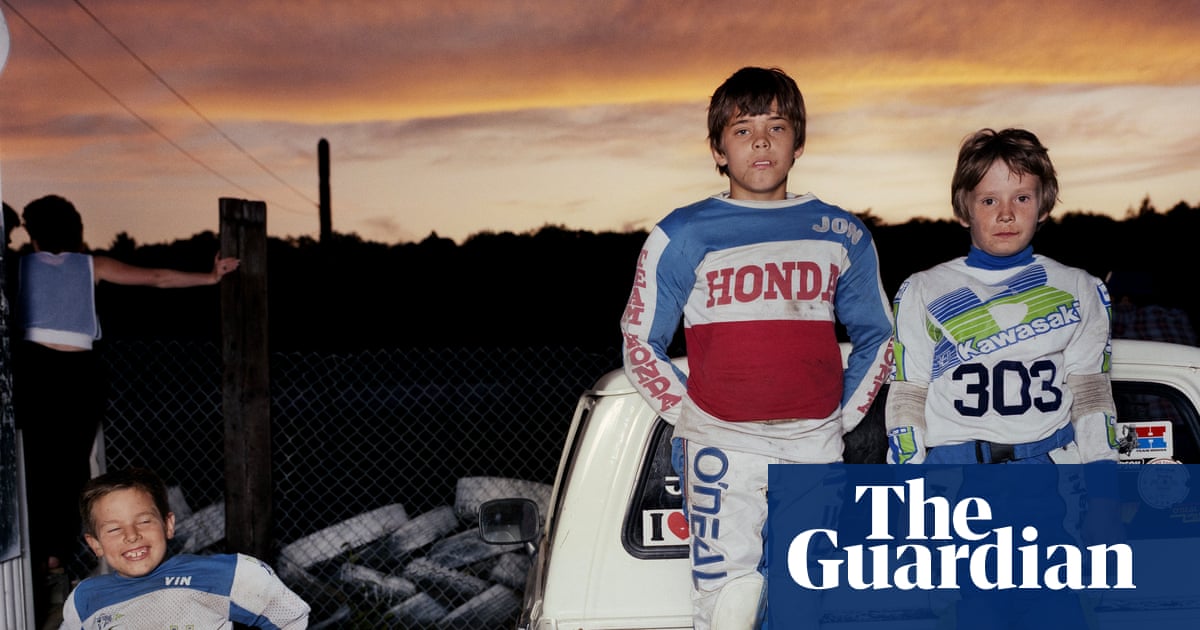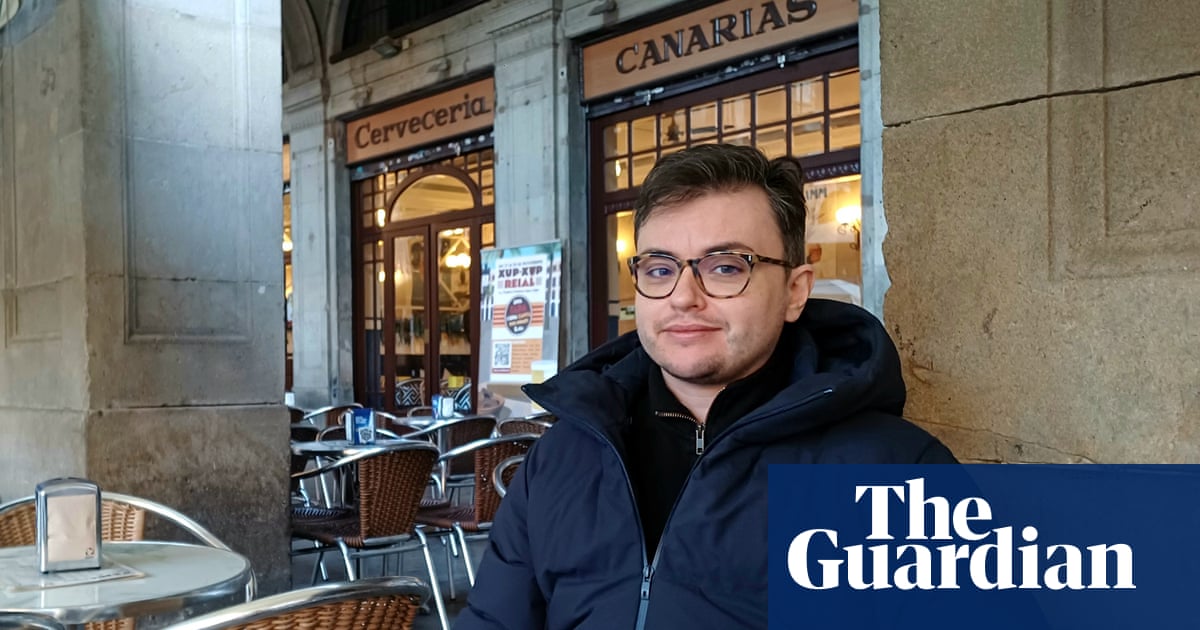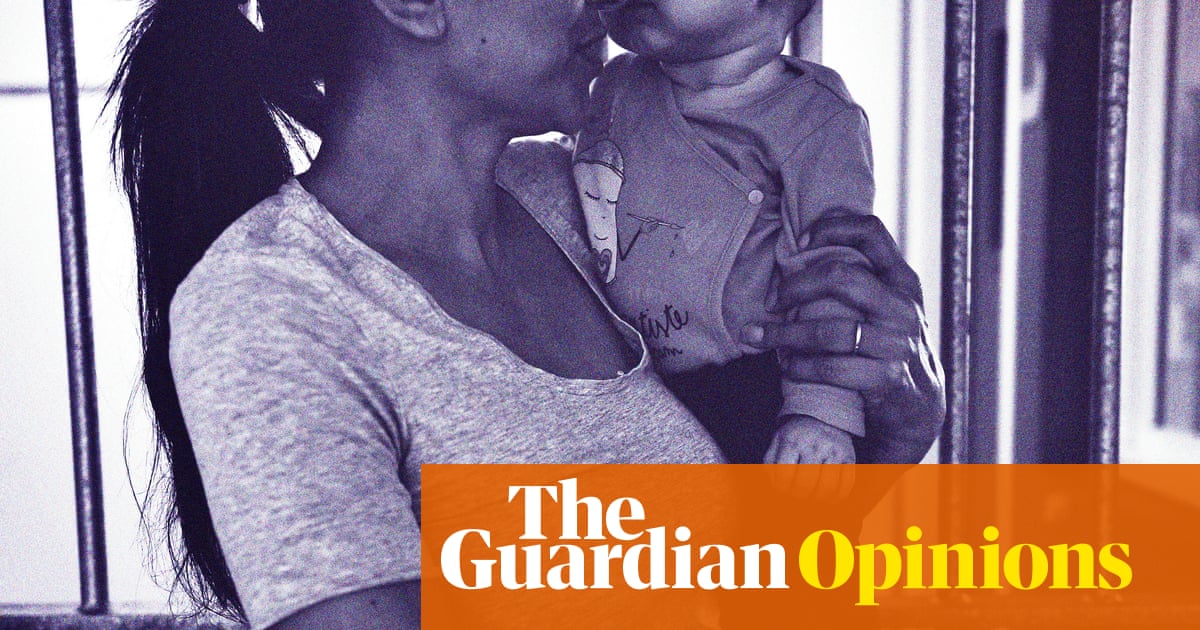The besieged Sudanese city of El Fasher has been declared “uninhabitable” with new data indicating most homes are destroyed and critical levels of malnourishment among people trapped there.
The stark assessment comes as the city endures constant artillery and drone attacks, shoehorning its 250,000 starving people into a shrinking urban enclave.
For 549 days El Fasher has been surrounded by fighters from the paramilitary Rapid Support Forces (RSF), who have prevented all humanitarian access entering the city as it attempts to seize the army’s last stronghold in west Sudan.
Testimonies from households encompassing almost 900 people who recently fled the city – countless others have been abducted and killed by the RSF for trying to escape – confirm a population “pushed to the edge of survival”.
The interviews, coordinated last month by US-based medical humanitarian group MedGlobal, offer a first detailed assessment of life inside the siege.
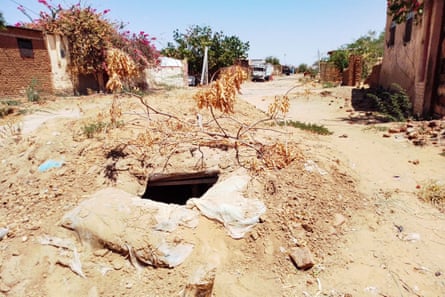
More than 90% reported their homes had been destroyed, damaged or looted before they fled. A quarter of households had experienced a death within the previous three months.
Health screenings on those who reached the town of Al Dabbah, Northern State, after walking for days from El Fasher, found acute and widespread levels of malnutrition. Three-quarters of escapers said they “never or rarely” had food because of the siege. Half revealed that they “never or rarely” had access to water.
MedGlobal’s executive director, Joseph Belliveau, said: “The 500-day siege of El Fasher has pushed its inhabitants to the edge of survival.
“Some of those who recently arrived to Northern State shared what life was like in El Fasher: ubiquitous violence, destroyed homes, severe shortages of food and water, and almost no access to healthcare.
“As one woman put it: ‘In El Fasher I smell death rather than life and hope.’”
El Fasher is facing intensifying RSF artillery and drone attacks with one salvo last weekend striking a displacement shelter, killing at least 57 people, including 22 women and 17 children.
Three-quarters of residents told MedGlobal they had been forced to move home at least three times while 81% said they “never felt safe” moving around the city.
“The destruction of homes and health infrastructure has made El Fasher uninhabitable,” said MedGlobal.
Hope that the siege might end grew last month when US president Donald Trump’s senior adviser for African affairs, Massad Boulos, claimed he and the United Arab Emirates (UAE) – which has been repeatedly accused of supporting the RSF – had secured an agreement to allow aid into the city.
Those efforts appear to have collapsed, with the RSF instead tightening its siege. El Fasher is now fully encircled by huge earthen berms (raised embankments), making it even harder for civilians to escape.
However, in a recent unexpected twist – and with the city believed to be on the brink of collapse – airdrops by the Sudanese military have temporarily resupplied those defending the city.
Yet food remains scarce, with MedGlobal’s screenings finding one in five children under five was acutely malnourished. Children under 18 months old were most affected, with 27.5% acutely malnourished.
In addition, 38% of pregnant and lactating women were malnourished, undermining maternal health and increasing the risk of infants being born prematurely or underweight. The highest rates were recorded among adolescent girls with 60% of those aged 15 to 19 experiencing what MedGlobal described as “wasting”.
Although El Fasher is cut off from the outside world by communications blackouts – 86% reported “no or rare access” to phones or internet – the Guardian has maintained contact with a number of people in the city.
Abdessalam Kitir, 50, described using milk from his surviving goat – the other was killed in a drone attack last month – to keep alive a newborn whose entire family died after an RSF shell flattened their home.
“The baby lost his mother and father and three brothers and sisters. He was evacuated to the hospital,” said Kitir.
But even El Fasher’s last remaining hospital – al Saudi – is being routinely targeted with 13 people killed last week when the RSF shelled it.
Indiscriminate shelling means many families spend days in trenches or underground bunkers. Half said they had been victims of violence while 71% had witnessed violence against neighbours and others in the city.
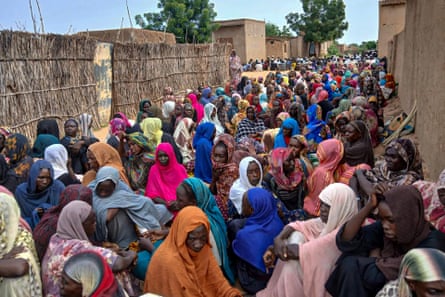
The UN high commissioner for human rights, Volker Türk, condemned the continued killing of people in El Fasher last week.
The Sudanese military is also accused of myriad war crimes, most recently when at least 16 people died in one of its drone attacks on a town to the east of El Fasher several days ago.
On Tuesday, the Raoul Wallenberg Centre for Human Rights described Sudan’s conflict as a “war on children”.
Lawyers at the centre said children were subject to mass starvation, forced displacement and deliberate attacks.
They added that states such as the UAE – which denies supporting the RSF – are in violation of their obligations under the genocide convention for their role in the war.
In a report published on Wednesday by the Independent Commission for Aid Impact (ICAI), the UK government was praised for making the Sudan crisis a priority and doubling aid to more than £230m last year.

.png) 1 month ago
48
1 month ago
48










